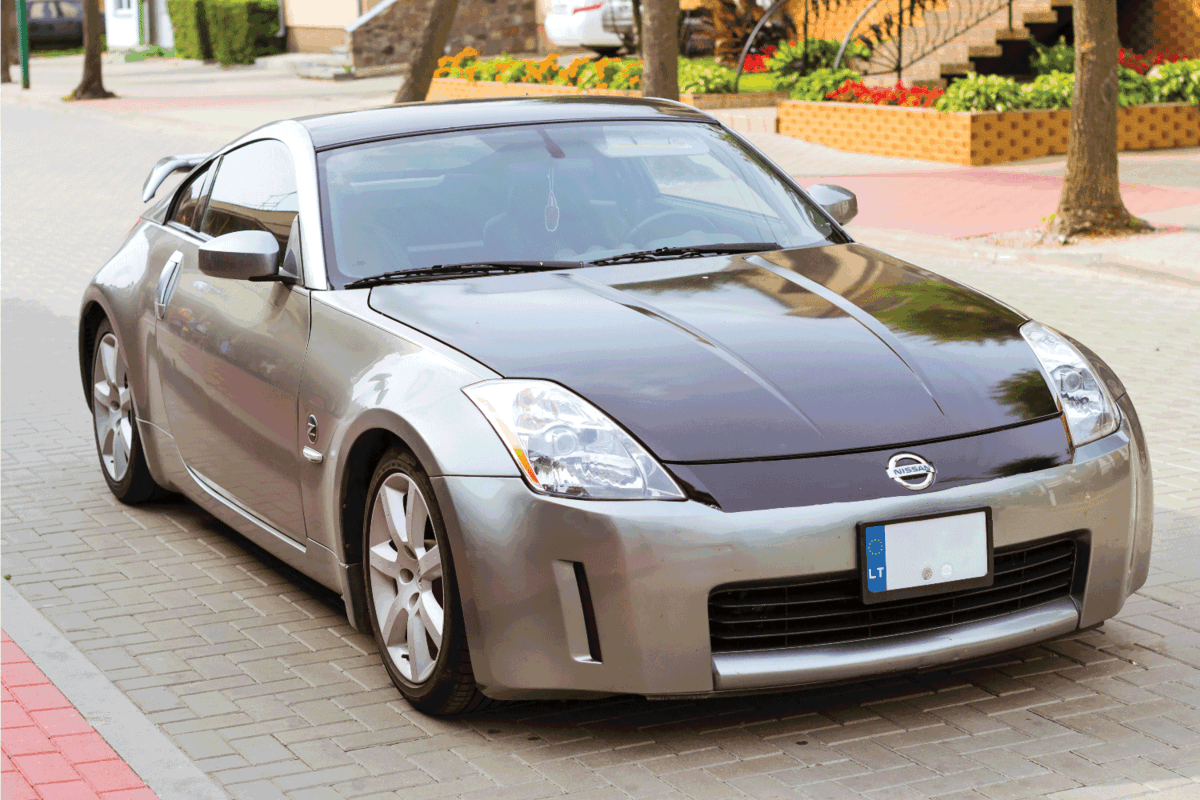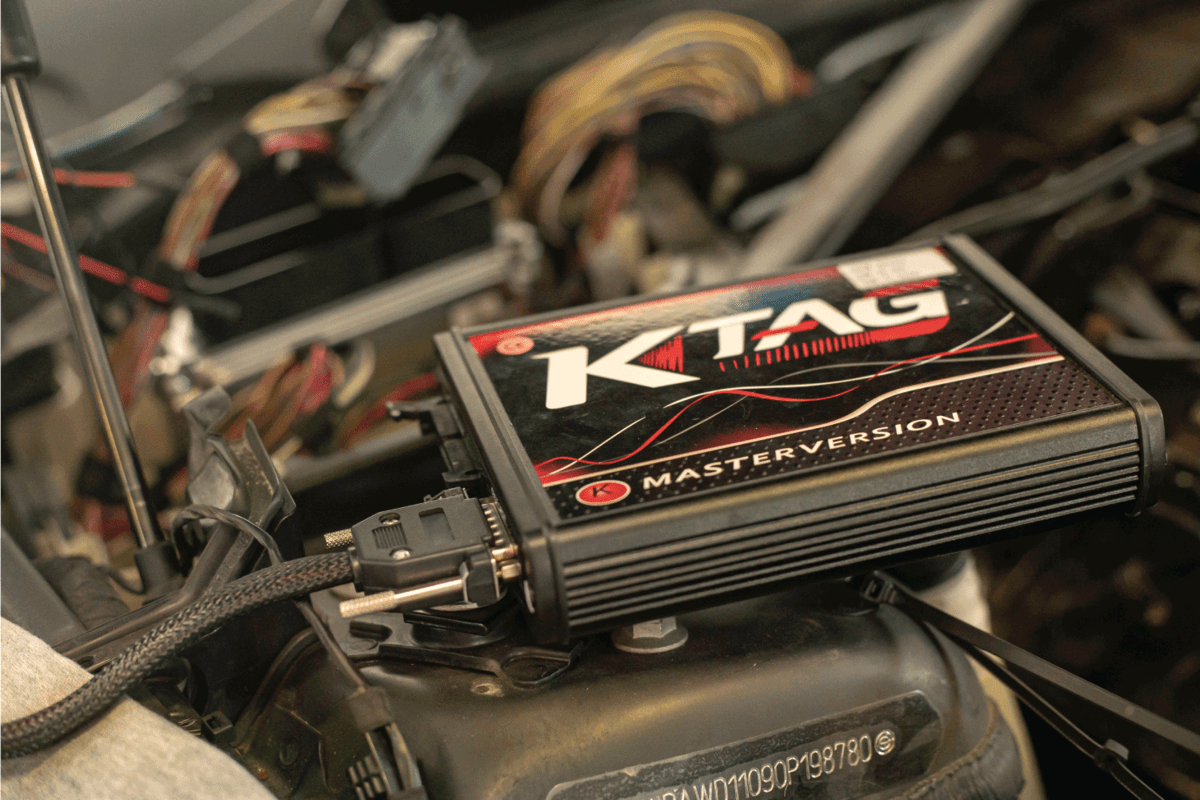How Much Does It Cost to Have Your Car Tuned
We may get commissions for purchases made through links in this post.
Where you live affects the wear and tear of your car or truck's engine. Driving in the hot winds of Arizona is different than driving in the wet heat of Florida or the heavy snows of North Dakota. An Engine Control Unit (ECU) tuning can help the engine work with better fuel efficiency, horsepower, or a smoother ride. So just how much does this service cost? We researched regional costs and a better understanding of ECU tuning.
The main factors that affect the cost of an ECU tune are the model of your vehicle, your location, and the type of ECU tune you want. The ECU tune should cost between $400-$1,500 for a mid-range car or truck and between $600-$3,200 for a luxury or racing vehicle. If your vehicle requires a new ECU chip, these range from $150 to $1,600.
Engine tuning can be complicated, with some vehicle shops specializing in it and doing nothing else. Keep reading to see more info on mapping, flashing, horsepower gains, and possible pitfalls.

How Much Does an ECU Tune Cost Regionally?
Since the cost of any automotive change is so dependent on regional labor costs, here is a list of some price ranges for an ECU tune. This list includes remote ECU tunings at the low end to full ECU tunings on a dynamometer (dyno). The dyno holds the car in the air measuring the wheel turn against simulated surfaces in varied conditions.
The list does not include the cost of an aftermarket ECU.
Western United States
- Denver, Colorado – $195 an hour
- Tuscon, Arizona – $400-$800
- Los Angeles, California – $550-$720
Midwest United States
- Kalamazoo, Michigan – $550-$850
- Toledo, Ohio – $400-$900
- Chicago, Illinois – $400-$900
Eastern United States
- Baltimore, Maryland – $775-$3,200
- Jacksonville, Florida – $550-$725
- Boston, Massachusetts – $600-$1,200
What does an ECU tune do?
The Engine Control Unit, also called Engine Control Module, is your vehicle's primary engine computer chip. It monitors how the engine functions. An ECU tune allows you to decide which of the many variables affecting engine performance you want to prioritize.
With over 100 different factors and conditions available to be inputted, the ECU tuning expert can give you an ECU tuning that helps your vehicle's engine run the way you want it to perform for:
- More horsepower for towing or hauling
- More horsepower for speed
- A smoother ride
- Better fuel efficiency
- Lower fuel emissions
How Do You Tune the ECU?
In 1996 Washington D.C. standardized diagnostic access to all computer chips in vehicles sold in the United States. Today, automotive performance shops and Do-It-Yourselfers can connect their automotive computer to the vehicle's different control chips through the Onboard Diagnostic Module II.
Once connected, the performance shop can give the ECU new software configurations allowing the different variables to be adjusted to change the engine's performance.
What is an ECU Map?
These software configurations for the vehicle's ECU are called mapping. Every vehicle can have different maps which change the engine's performance outcomes. An ECU tuning is a change to the ECU map.
For example, if you drive a Ford F250 Heavy Duty in hot, humid Florida summers, you might have a shop do an ECU tune with the specific F250 Heavy Duty ECU map for increasing horsepower in these hot, wet conditions.

Does ECU remapping really work?
Changing the ECU's software, called mapping or remapping, can improve your vehicle's particular performance needs. The key is the new map has to be the right map. Required factors are automotive manufacturer, model, year, engine type, and any aftermarket upgrades to the vehicle's engine, air intake, drivetrain, exhaust system, and/or wheel system.
What is ECU Flashing?
In some parts of the world, ECU tuning is called ECU flashing. Sometimes, the automaker prefers this language, so the dealer mechanics themselves might refer to the tuning as flashing.
Automotive engineers may separate the tuning into two parts:
- Program Flash, which holds the software map itself
- Data Flash holds the software variables like track curves or inputted local terrain or weather conditions.
ECU Tuning Considerations
When you bring your vehicle in for an ECU tuning, it is important to be clear on the following variables with your tuning shop:
- The exact make, model, year, and any aftermarket performance update your vehicle has.
- A clear directive about what performance changes you are seeking.
- A clear description of the driving conditions, locations, weather, etc., for which you will be driving.
- If your vehicle is a street vehicle or racing/track-only vehicle.
- Your level of risk for damage to the vehicle as to the tuning changes from OEM settings.

ECU Tuning Risks
Changing the ECU's settings may violate the engine's manufacturer's warranty. The ECU tuning also is a complicated software change, so it should only be done by highly rated shops that do this regularly.
The most important consideration is to know that tuning the ECU to any of its engine performance limits may result in physical damage to the engine and its parts. If you are racing your Nissan 350Z, you may want to take the ECU tune to the engine's limits, knowing that this could damage its parts under certain race conditions.

Factory ECU vs. Aftermarket ECU
Every vehicle has a factory-installed ECU. For some ECU tunings, it may be necessary to replace the factory ECU with an aftermarket ECU. These run from $150 to over $1,600 and are specific to your model, year, and engine type.
The advantage of using an aftermarket ECU is you can usually buy one with the exact mapping you want. Or you can get one that is designed to have the mapping easily switched for specific conditions. For example, if you live in parts of New Mexico, you might find you maintain good gas mileage by changing the mapping in the fall for the hot weather and then again in the late fall as the cold winter arrives.
How much horsepower does an ECU tune add?
This is not a simple question. Common answers include 15% to 30%. The difficulty in answering is that the make, model, year, performance upgrades, plus what ECU variables used in the new map all change the horsepower gain.
Many automakers do use a conservative OEM map so that the potential horsepower of the engine is constrained. The right ECU tune for your make and model should be able to increase your horsepower.
Is ECU tuning legal in the USA?
ECU tuning has always been legal in the United States. But simply because it is legal doesn't mean that ECU tuning does not void the engine warranty.
One area where ECU tuning can make the vehicle violate state and national laws concerns emissions. The automaker designed and assembled vehicles that adhere to state and federal emission requirements. An EMC tuning to increasing the horsepower may be raising the number of emissions, making the vehicle in violation.
In Summary
An ECU tuning might be an excellent way to increase your vehicle's performance under your area's typical conditions. Changing to increase horsepower or give you a smoother ride or have better fuel efficiency can help you get the best that your vehicle can.
How Much Does It Cost to Have Your Car Tuned
Source: https://vehq.com/how-much-ecu-tune-costs/
0 Response to "How Much Does It Cost to Have Your Car Tuned"
Post a Comment